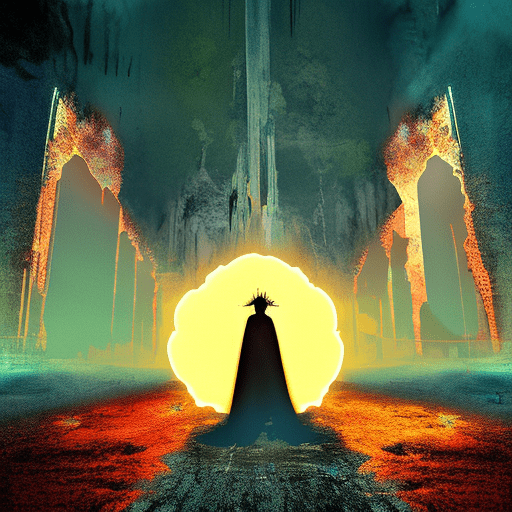One-line summary:
East of Eden is a sprawling novel that explores the themes of good and evil, family dynamics, and the power of choice through the lives of two families in California’s Salinas Valley.
The Trask and Hamilton Families:
East of Eden follows the intertwined lives of two families, the Trasks and the Hamiltons, against the backdrop of California’s Salinas Valley. The novel begins with the story of Adam Trask, a troubled man who grows up with his half-brother Charles under the strict and abusive hand of their father, Cyrus. Adam’s life takes a turn when he meets Cathy Ames, a beautiful and manipulative woman who becomes his wife. However, Cathy’s true nature is revealed when she abandons Adam and their twin sons, Caleb and Aron, leaving Adam devastated and emotionally scarred.
Meanwhile, the Hamilton family, led by patriarch Samuel Hamilton, serves as a contrast to the Trasks. The Hamiltons are hardworking and close-knit, valuing love, education, and community. Samuel’s son, Lee, becomes a central figure in the Trask family’s life, serving as Adam’s loyal friend and later as a surrogate father figure to the Trask twins.
The Battle of Good and Evil:
Throughout the novel, the theme of good versus evil is explored through the choices made by the characters. Steinbeck presents the idea that every individual has the capacity for both good and evil, and it is their choices that determine their path. This is exemplified through the contrasting characters of Caleb and Aron. Caleb, influenced by his mother’s abandonment and his own inner demons, struggles with his darker impulses and is torn between his desire for love and acceptance, and his inclination towards evil. Aron, on the other hand, is portrayed as the embodiment of goodness, but his sheltered upbringing and naivety leave him vulnerable to the harsh realities of the world.
As the story unfolds, the characters grapple with their own inner demons and the consequences of their choices. The novel explores the cyclical nature of good and evil, suggesting that individuals have the power to break free from the patterns of their past and choose a different path.
The Power of Choice:
Central to East of Eden is the idea that individuals have the power to shape their own destinies through the choices they make. Steinbeck emphasizes the importance of free will and personal responsibility, highlighting that one’s choices can have far-reaching consequences not only for themselves but also for future generations. The characters in the novel are faced with moral dilemmas and must confront their own flaws and weaknesses in order to find redemption and personal growth.
Ultimately, East of Eden is a complex and thought-provoking exploration of human nature, family dynamics, and the eternal struggle between good and evil. Steinbeck’s vivid descriptions of the Salinas Valley and his richly developed characters bring the story to life, immersing readers in a world that is both familiar and timeless.
- The novel explores the themes of good and evil, family dynamics, and the power of choice.
- Steinbeck presents the idea that every individual has the capacity for both good and evil, and it is their choices that determine their path.
- The characters grapple with their own inner demons and the consequences of their choices, highlighting the importance of personal responsibility.
“And now that you don’t have to be perfect, you can be good.” – John Steinbeck, East of Eden












